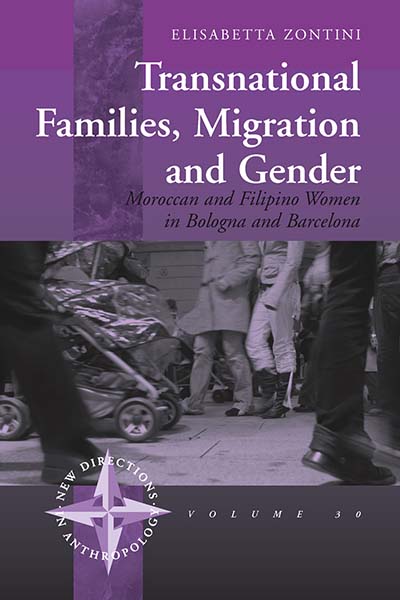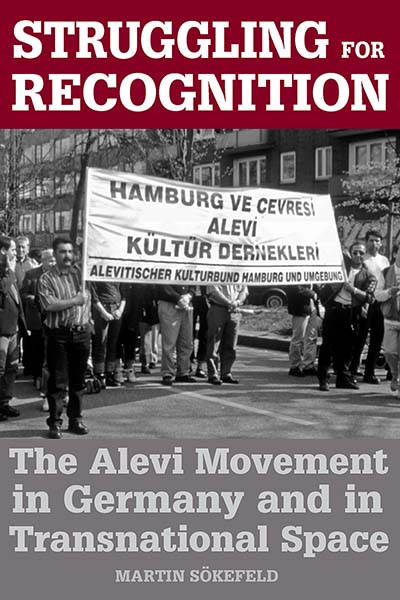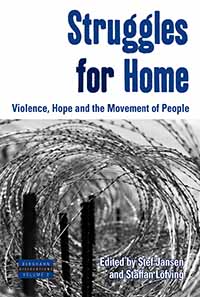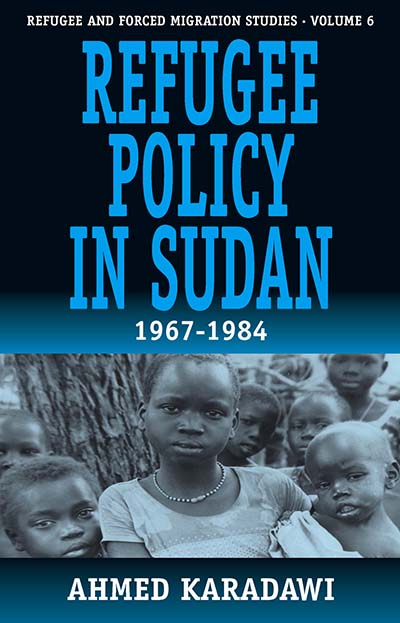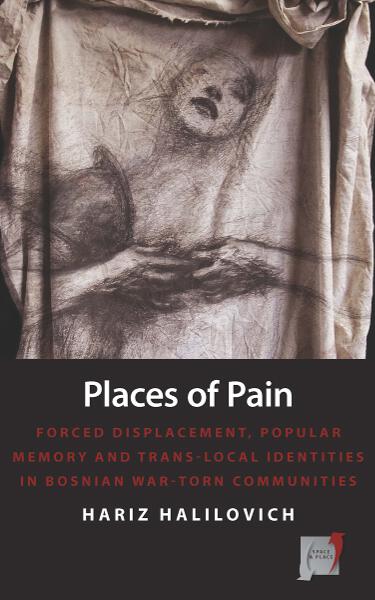
Series
Volume 10
Space and Place
Email Newsletters
Sign up for our email newsletters to get customized updates on new Berghahn publications.
Places of Pain
Forced Displacement, Popular Memory and Trans-local Identities in Bosnian War-torn Communities
Hariz Halilovich
288 pages, 20 illus., bibliog., index
ISBN 978-0-85745-776-9 $135.00/£104.00 / Hb / Published (February 2013)
ISBN 978-1-78238-762-6 $29.95/£23.95 / Pb / Published (September 2015)
eISBN 978-0-85745-777-6 eBook
HONORABLE MENTION 2013 PROSE AWARDS, ARCHAEOLOGY AND ANTHROPOLOGY SECTION
Reviews
“This is, overall, a carefully researched book following the tradition of Geertzian thick description in an effort to contribute theoretically through the concept of translocalism, analyze reflexively via the author’s own history of displacement and emplacement, and comment in a heartfelt way on how refugees recreate social worlds even after massive destruction. Halilovich’s account deserves room in any upper-level, if not introductory, undergraduate or graduate course covering some aspect of international migration, especially forced displacement — a phenomenon impacting some 50 million people around the world today.” · International Migration Review
“Halilovich’s book ... powerfully highlights the translocal as the most critical aspect of the diasporic love, care, loyalty, and community. Furthermore, the author’s personal investment, respect, attention, and engagement with “his” people and places are truly admirable. The book should be of great interest to scholars interested in the studies of displacement, memory, and identity projects in postwar Bosnia and Herzegovina and beyond.” · American Ethnologist
“Scholars of transnational migration and diaspora will find in this book a compelling exploration of the day-to-day practices of translocalism. What is most valuable in Halilovich’s approach is that it encourages analysis of both homogeneous national and religious groups and heterogeneous multiethnic collectives in empirical, rather than essentialist or ideological, terms. By de-emphasizing the traditional or official markers of difference in Bosnia, Halilovich sheds light on how collective identities may be fostered through shared attachment to places remembered, imagined, and real.” · Slavic Review
“In his study of Bosnia and Herzegovina’s legacy of forced migration, Hariz Halilovich takes us on a powerful, at times heartwrenching, journey into the lives, memories, and communities of the war’s displaced…[It] represents an important contribution to the anthropological scholarship of the region, forced migration, and transnationalism. Halilovich has done a masterful job in leading us through critical, underexamined interstices of pain and place that so forcefully define the experiences of Bosnia’s displaced persons.” · American Anthropologist
“This is one of the most powerful accounts – the most powerful account by a survivor – of the impact of forced displacement in the wake of the Bosnian conflict…The book is a survivor’s account and at the same time a scholarly critique of what happened. It is an exemplar of engaged and informed writing: moving and informative, evocative and profound. It is a deeply serious book, but with the light touch of an accomplished writer.” · Ron Adams, Victoria University
“This title addressed the complexity of lives of the Bosnian diaspora and issues of the trans-local identities like no other book before. The fact that the author has himself experienced the war and the refugee experience, as well as demonstrated the awareness of the process of forging his own new-old identity, contributes greatly to the quality of this book.” · Edina Becirevic, University of Sarajevo
“This is a first-class text, covering a hitherto neglected topic. It is original and of a very high intellectual standard. It is crisply written, well structured, based on extensive primary research and guided by a solid theoretical understanding… there are very few English-language books in this field that really impress me, but this is one of them.” · Marko Hoare, Kingston University, UK
Description
For displaced persons, memory and identity is performed, (re)constructed and (re)negotiated daily. Forced displacement radically reshapes identity, with results ranging from successful hybridization to feelings of permanent misplacement. This compelling and intimate description of places of pain and (be)longing that were lost during the 1992–95 war in Bosnia and Herzegovina, as well as of survivors’ places of resettlement in Australia, Europe and North America, serves as a powerful illustration of the complex interplay between place, memory and identity. It is even more the case when those places have been vandalized, divided up, brutalized and scarred. However, as the author shows, these places of humiliation and suffering are also places of desire, with displaced survivors emulating their former homes in the far corners of the globe where they have resettled.
Hariz Halilovich, social anthropologist and writer, is a Professor at the School of Global, Urban and Social Studies, RMIT University, Melbourne. His research interests include place-based identity politics, forced migration, politically motivated violence, memory studies and human rights. He has been recipient of a number of prestigious research and writing awards in Australia and internationally.

